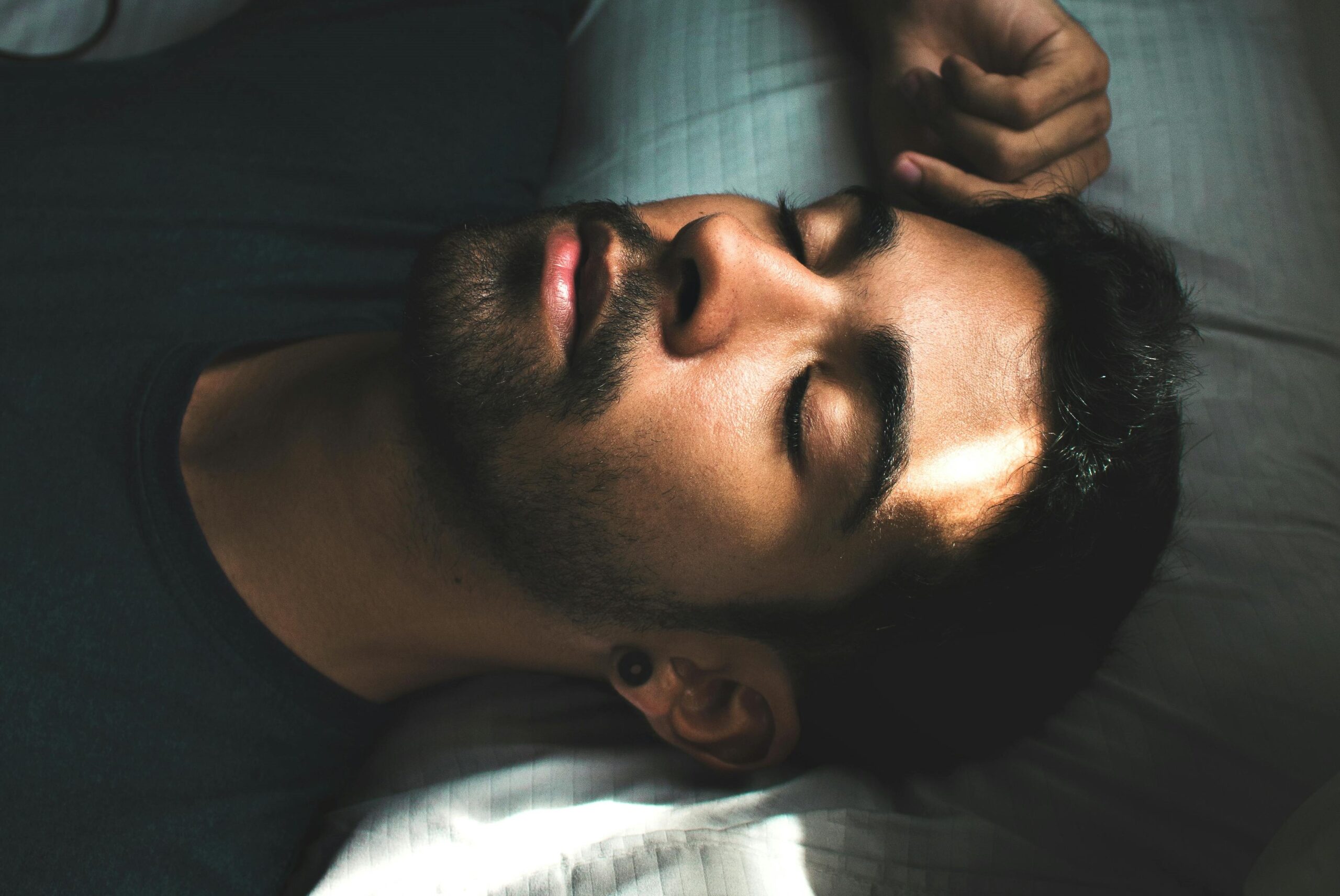Why we need sleep: The science of sleep
Sleep is essential for allowing your body and mind to heal and re energise, so that you can feel refreshed and alert when you wake up. A full night of quality sleep also helps the body to starve off disease and the brain function its best.
Work schedules, daily stressors, electronic devices in bed, a non-restful bedroom environment, and medical conditions can prevent us from receiving enough sleep. However, regular physical activity, a nutritious diet, and healthy habits can help promote more deep sleep each night.
For some people, a chronic lack of sleep cam be the first sign of a sleep disorder.
How much sleep do I need?
The amount of sleep need varies based on age. The Sleep Foundation recommend the following allotment for each age group:
- 0-3 months: 14-17 hours
- 4-11 months: 12-15 hours
- 1-2 years: 11-14 hours
- 3-5 years: 10-13 hours
- 6-13 years: 9-11 hours
- 14-17 years: 8-10 hours
- 18-64 years: 7-9 hours
- 65+ years: 7-8 hours
The science of sleep
An internal “body clock” regulates your sleep cycle, making you feel tired in the evening and alert in the morning. Your body clock operates on a 24-hour cycle called the circadian rhythm. After waking up from sleep, you’ll feel more and more tired throughout the day, which will peak in the evening.
Sleep-wake homeostasis, often referred to as sleep drive, may be linked to an organic compound produced in the brain called adenosine. Adenosine levels rise during the day as you become more tired, and then the body breaks down this compound during sleep.
Light also affects the circadian rhythm. The brain contains a special region of nerve cells known as the hypothalamus, and a cluster of cells in the hypothalamus called the suprachiasmatic nucleus, which processes signals when the eyes are exposed to natural or artificial light. These signals help the brain determine whether it is day or night.
As natural light disappears in the evening, the body releases melatonin, a hormone that induces drowsiness. When the sun rises in the morning, the body will release the hormone known as cortisol that promotes energy and alertness.
Stages of sleep
Once asleep, we follow a sleep cycle made up of 4 stages which repeat cyclically throughout the night until you wake up. Typically, the duration of each cycle will last 90-120 minutes.
Interestingly, you may wake up briefly during the night but not remember the next day. This is known as a “W” stage.
Stage 1 Non-rapid eye movement (NREM):
Stage 1 is the transition between being awake and asleep, involving light sleep. Your muscles relax, and your eye movements, brain waves, breathing, and heart rate start to slow. Stage 1 typically lasts several minutes.
Stage 2 NREM:
Stage 2 is characterised by deeper sleep as your muscles become even more relaxed and your breathing and heart rate continue to slow. Eye movements will stop and your body temperature will fall slightly. There are some brief moments of higher frequency electrical activity, however, brain waves remain slow. Stage 2 is usually the longest of the 4 stages.
Stage 3 NREM:
Stage 3 plays a crucial role in making you feel refreshed and alert when you wake up. It’s during this stage that your heartbeat, breathing, and brain wave activity all reach their lowest point, and the muscles will be their most relaxed. This stage will be longer at first and then decrease in duration as you repeatedly go through the 4 stages during the night.
Rapid eye movement (REM):
The first REM stage will occur approximately 90 minutes after you fall asleep and increases in duration as you go through the 4 stages during the night. Your eyes will move back and forth quite quickly under your eyelids, breathing rate, heart rate, and blood pressure will begin to increase.
This stage is also when dreaming will typically occur, and your arms and legs will become paralysed which is believed to act as a prevention for you to physically act out your dreams.
Many studies have linked REM sleep to memory consolidation (the process of converting learned experiences into long-term memories). The duration of the REM stage will fall as you age, leading you to spend more time in the NREM stages.
Why we need to get enough sleep
A full nights sleep is needed each night for optimal cognitive and behavioural function. In contrast, insufficient sleep can cause serious problems. Studies have shown sleep deprivation can cause attention lapses, reduced cognition, delayed reactions, and changes in mood.
It’s been proposed that people can develop a tolerance to chronic sleep deprivation, not realising that their brains and bodies are struggling due to lack of sleep because it feels normal to them.
A lack of sleep has also been linked to a higher risk of certain diseases and medical conditions including obesity, type 2 diabetes, high blood pressure, heart disease, stroke, poor mental health, and early death.
Check out our article around easy tips to implement to help you get more sleep.




